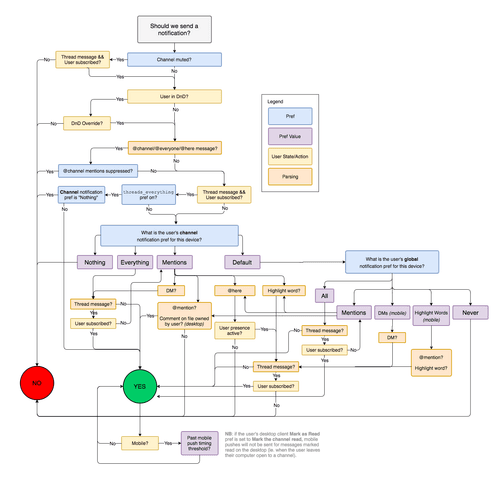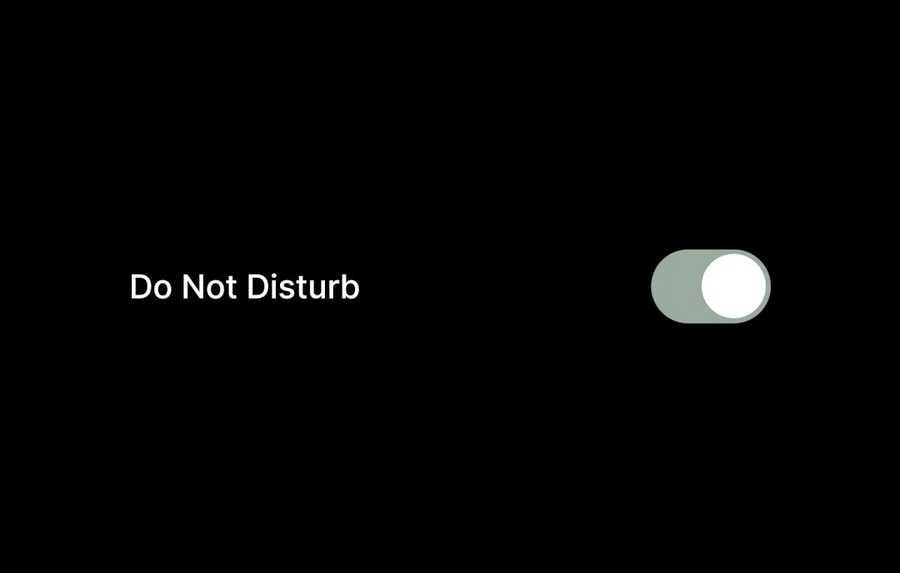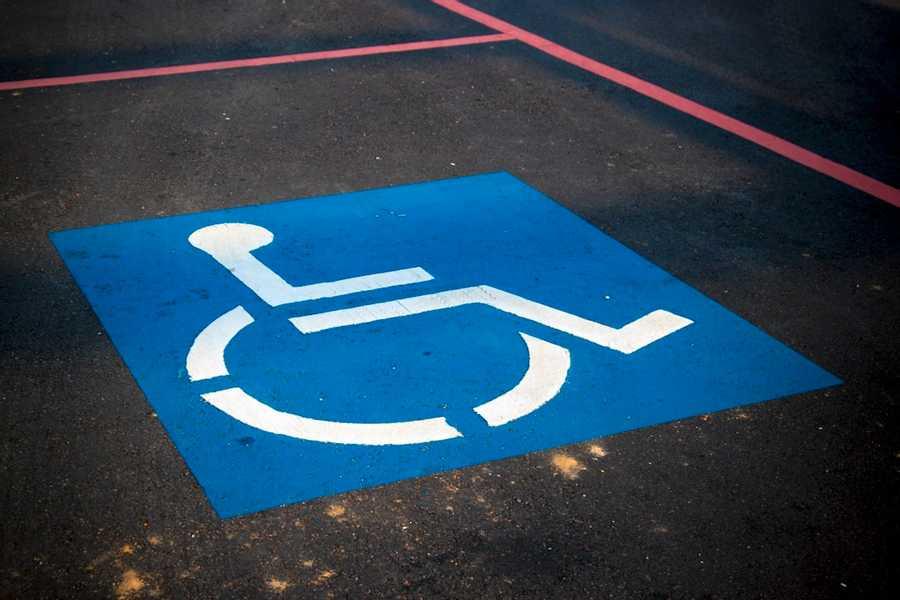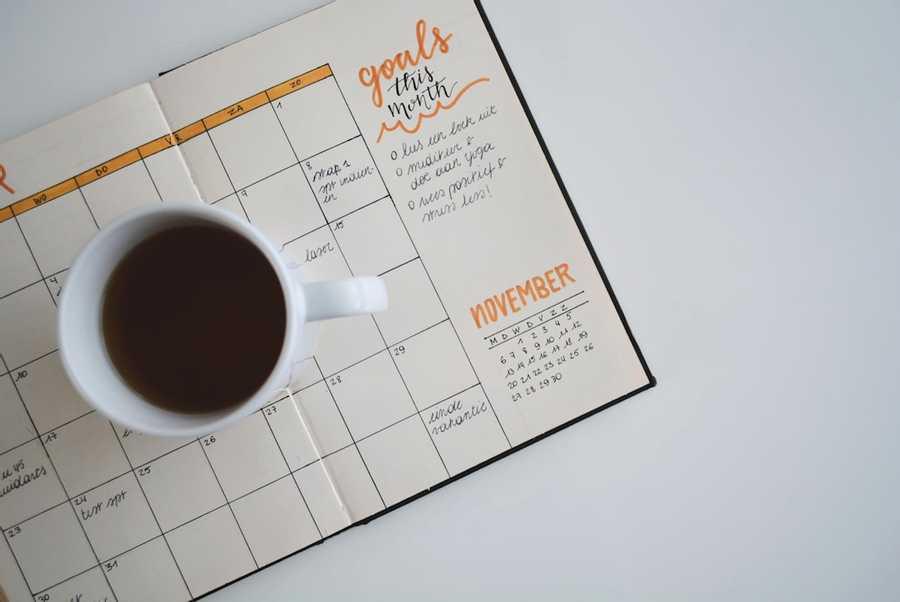6 ways to apply Mindful UX to your Daily Life — This Too Shall Grow
thistooshallgrow.com
7 ideas
·450 reads
4
Learn more about personaldevelopment with this collection
How to manage digital distractions
The impact of technology on mental health
The importance of setting boundaries
Manage interruptions – for yourself and others.
We can admire Slack's fantastic workflow for notifications. (Source )
In real life, how do you decide on the way you're communicating news with someone? It can depend on:
- Your interlocutor (professional relation, family, long lost friend)
- The number of interlocutors
- The nature of the news (sensitive or not)
- The urgency
- The importance: paying your taxes might not be urgent if the deadline is 2 months from now, but it is important as you certainly don't want to miss it
19
91 reads
Limit distractions with upfront communication.
Apart from the digital measures like locking down your phone, there's another way you can mitigate distractions. If you share your physical work space with others, you can signal when you're available to be interrupted and when you're not. Leave a sign on your door, place an object on your desk, etc.
There are even different levels for that:
- Available
- Only disturb if urgent
- Do not disturb under any circumstances
18
42 reads
Pay attention to accessibility.
An easy way to be more mindful of accessibility in your daily life, is to adapt your communication. If you want to use jargon with people who might not be familiar with it, explain what it means.
In a group discussion, give background and context so that everyone has the same level of information and everyone can follow. When writing up a document, highlight the key information to make it easily scannable.
19
49 reads
Declutter physical spaces.
Whether it's in your room or at your desk, trimming down the visual clutter allows by contrast to shine more light on what's important, on the few things that you decide to leave in sight. Not only does that make it easier for you to find something you're looking for, but it's also nicer and less stressful on the eyes, because you have less visual stimuli.
19
49 reads
Avoid cognitive overload with chunking and fewer options.
Do you write phone numbers as 0123456789 or 01.23.45.67.89? Splitting your content in smaller chunks makes it easier to both scan and memorise .
You don't have to go all the way and reduce your wardrobe to 15 items, but... I suppose that's the spirit? In UX, this is known as Hick's law . Choosing what to have between 10 options will take longer than between 3 options.
21
94 reads
Recognition over recall.
Recognition leaves cues (e.g. "Are mint & lime in a mojito? ”), whereas recall doesn't ("What are the main ingredients in a mojito? "). The end goal of these questions is the same, but the former is easier to answer: you just have to recognise whether the information given to you is accurate.
23
71 reads
Flexible goals over streaks.
Several products use streaks to entice you into practising something daily. Headspace does it for meditation, GitHub does it with your code commits. Streaks can be useful, but they shouldn't be a default goal for any habit you want to learn.
Aiming to be flexible, and to complete a task 3 or 5 times per week, is much more realistic than sticking to it everyday, especially if you're just getting started.
20
54 reads
CURATED BY
Digital marketing at dentsu. Invested in the symbiosis of marketing, psychology, and design. Photographer at heart.
More like this
Read & Learn
20x Faster
without
deepstash
with
deepstash
with
deepstash
Access to 200,000+ ideas
—
Access to the mobile app
—
Unlimited idea saving & library
—
—
Unlimited history
—
—
Unlimited listening to ideas
—
—
Downloading & offline access
—
—
Personalized recommendations
—
—
Supercharge your mind with one idea per day
Enter your email and spend 1 minute every day to learn something new.
I agree to receive email updates







